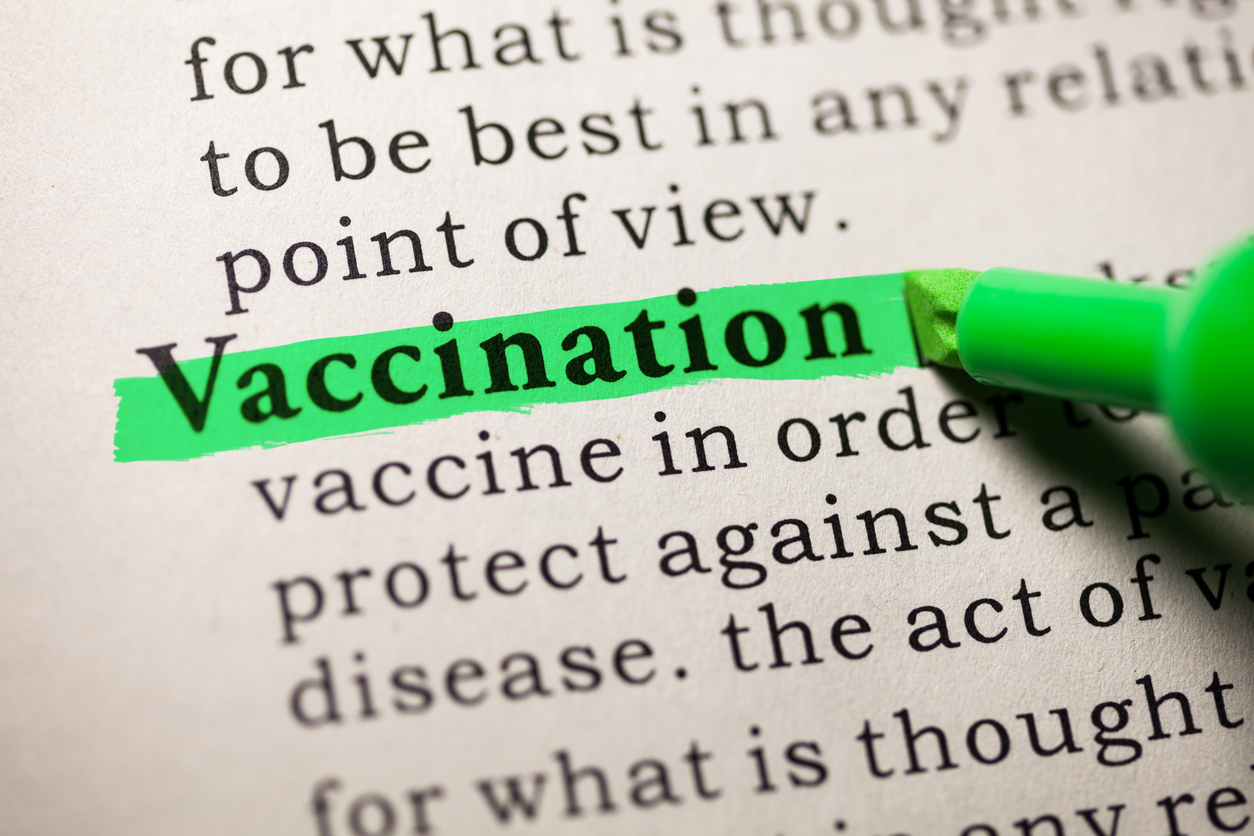2024-12-17
Are Mobile Health Applications Effective for Stress Management?
General Medicine Public Health and Social Medicine
In this context, mobile health applications (mHealth) appear as an innovative and promising solution due to their accessibility, flexibility, and ability to reach a broad audience. This study explores the effectiveness of mHealth applications for stress management.
Are mHealth Applications Really Effective in Reducing Stress?
Eighty randomized controlled trials involving 16,097 participants were selected and analyzed. The evaluation criteria included self-reported measures (psychological symptoms and distress) and physiological parameters (cardiac response, hormonal activity, heart rate variability).The mHealth applications showed a moderate but significant effect on self-reported stress, with variations depending on the type of control. The effect was highest with inactive controls, moderate with non-specific active controls, and lowest against specific active controls. These effects persisted up to three months after the intervention but diminished beyond that.
Regarding physiological outcomes, the effects were modest but significant. The most effective strategies included muscle/respiratory relaxation and meditation, with marked improvements in acute stress responses and in laboratory contexts where conditions are more controlled. Among physiological indicators, benefits were observed for heart rate variability (HRV) and respiratory rate.
Finally, the effectiveness of mHealth applications depends on several key factors: regular and prolonged use, as well as personalized guidance in the form of feedback, which significantly improves outcomes compared to unguided interventions.
mHealth Applications: A Key Tool for Public Health
mHealth applications represent an effective and accessible solution for managing stress within the general population. While their effects remain modest, strategies such as relaxation and meditation prove particularly beneficial. To optimize their effectiveness, it is essential to integrate advanced technologies such as personalized feedback and wearable sensors, while reinforcing long-term studies to evaluate their impact on chronic stress. By combining various multimodal approaches, these tools could become a critical lever in preventive strategies and public health policies.
Last press reviews
Vaccine vs. SMC: rivals or partners?

#MalariaVaccine #R21MatrixM #Malaria #Vaccination #SMC #InsecticideTreat...
A race against time for a vaccine?

#PfSPZ #Vaccination #Malaria #Immunogenicity <br><br><br>...
Birch allergy: could one shot change everything?

#AllergicRhinoconjunctivitis #IgG4 #Allergoid #BirchPollen #Immunotherap...